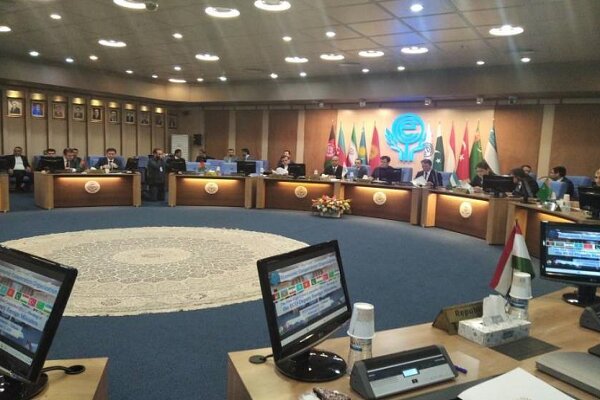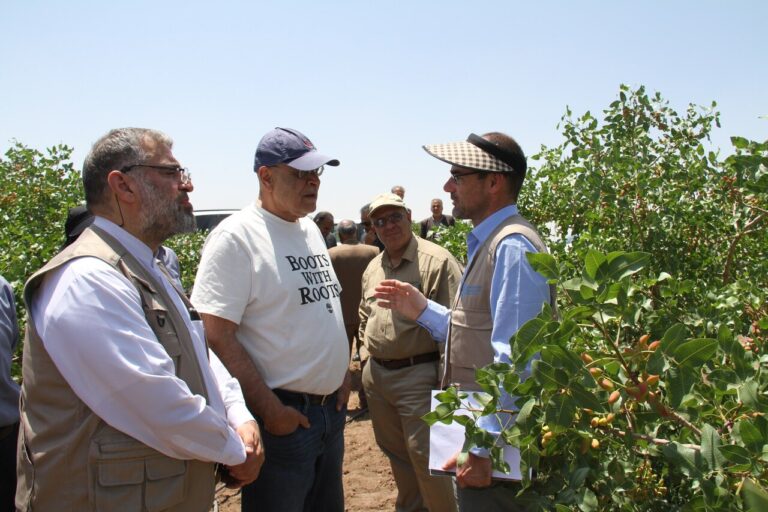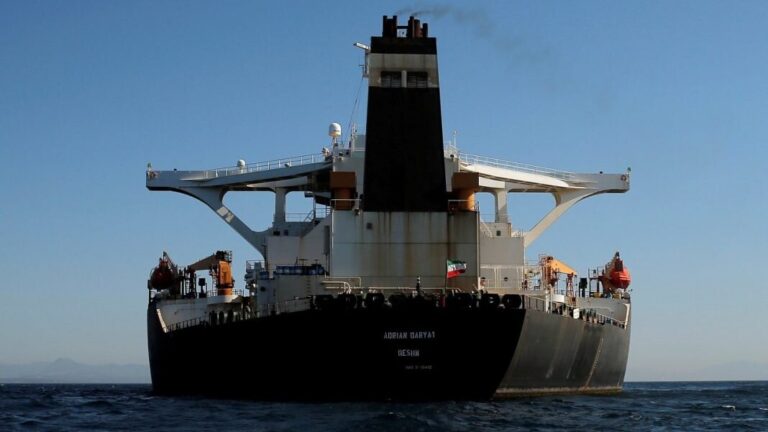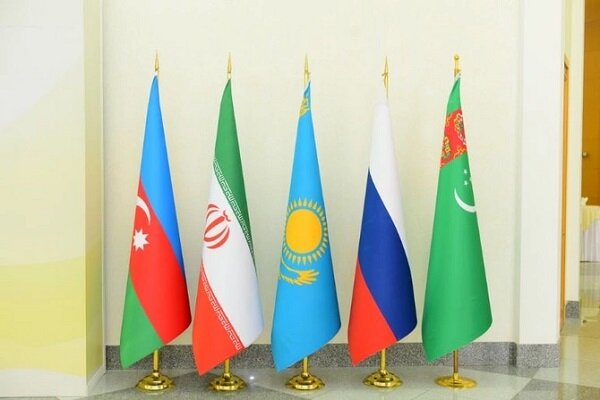Iran Advocates for Boosted Economic Cooperation Among ECO Countries
In a recent address at the deputy foreign ministers’ meeting of the Economic Cooperation Organization (ECO) member states, Iranian diplomat Mohajer emphasized the need for enhancing economic exchanges within the region. The ECO, which aims to foster regional trade and economic development, has significant potential that remains largely untapped.
During the meeting held at the ECO secretariat in Tehran, Mohajer highlighted that the total volume of economic exchanges among ECO member states and the rest of the world is approximately one trillion dollars. However, he pointed out that a mere seven percent of this figure represents interactions among the ECO members. This statistic underscores the urgent need for improvement and cooperation within the organization.
Kazakhstan’s Deputy Foreign Minister, Alibek Bakayev, who currently serves as the ECO secretary general, also contributed to the discussion by addressing the importance of collaboration among member nations. The ECO includes a diverse group of countries: Afghanistan, Azerbaijan, Iran, Kazakhstan, Kyrgyzstan, Pakistan, Tajikistan, Turkmenistan, Turkey, and Uzbekistan.
Key Points on the Economic Cooperation Organization (ECO)
- Membership: The ECO consists of ten member states, each contributing to a rich tapestry of cultural and economic diversity.
- Goals: The ECO aims to improve regional trade and economic development through collaborative efforts.
- Current State: Only seven percent of the total economic exchanges involve member-to-member interactions, indicating a significant opportunity for growth.
- Regional Strengths: The ECO region is endowed with various capacities, opportunities, and platforms for cooperation in fields such as energy, trade, and transport.
As one of the founders of the ECO, Iran holds a crucial position within the organization due to its geopolitical and geoeconomic significance. The country is not only rich in energy resources but also strategically located to facilitate the transfer of these resources to global markets. This makes Iran a vital player in fostering multilateral cooperation and enhancing regional convergence.
Moreover, Iran’s geographic advantage positions it ideally for transferring energy from Central Asia and the broader Eurasian region to international markets, which is essential for the economic prosperity of all ECO members. The collaborative potential in energy trade stands as a key area where member states can significantly enhance their economic interactions.
Benefits of Increased Cooperation Among ECO Members
- Enhanced Trade: By fostering stronger economic ties, ECO members can significantly boost intra-regional trade, benefiting all nations involved.
- Investment Opportunities: Increased cooperation will attract foreign investments, particularly in the energy, transport, and infrastructure sectors.
- Resource Sharing: Collaborative efforts can lead to more efficient sharing and utilization of regional resources, especially in energy and agriculture.
- Economic Stability: Strengthening economic ties can lead to greater stability and resilience against global economic fluctuations.
In conclusion, the remarks made by Mohajer at the ECO meeting highlight a critical moment for the member states to reevaluate and enhance their economic interactions. With a focus on improving the current seven percent trade figure, there exists a vast potential for growth and collaboration. The ECO region, rich in resources and opportunities, is poised for a transformative journey towards a more interconnected and prosperous future.
The importance of regional cooperation cannot be overstated, particularly in a world where economic interdependence is crucial for sustainable growth. The ECO members have the chance to lead by example, creating a model for successful regional collaboration that could inspire other organizations worldwide.






